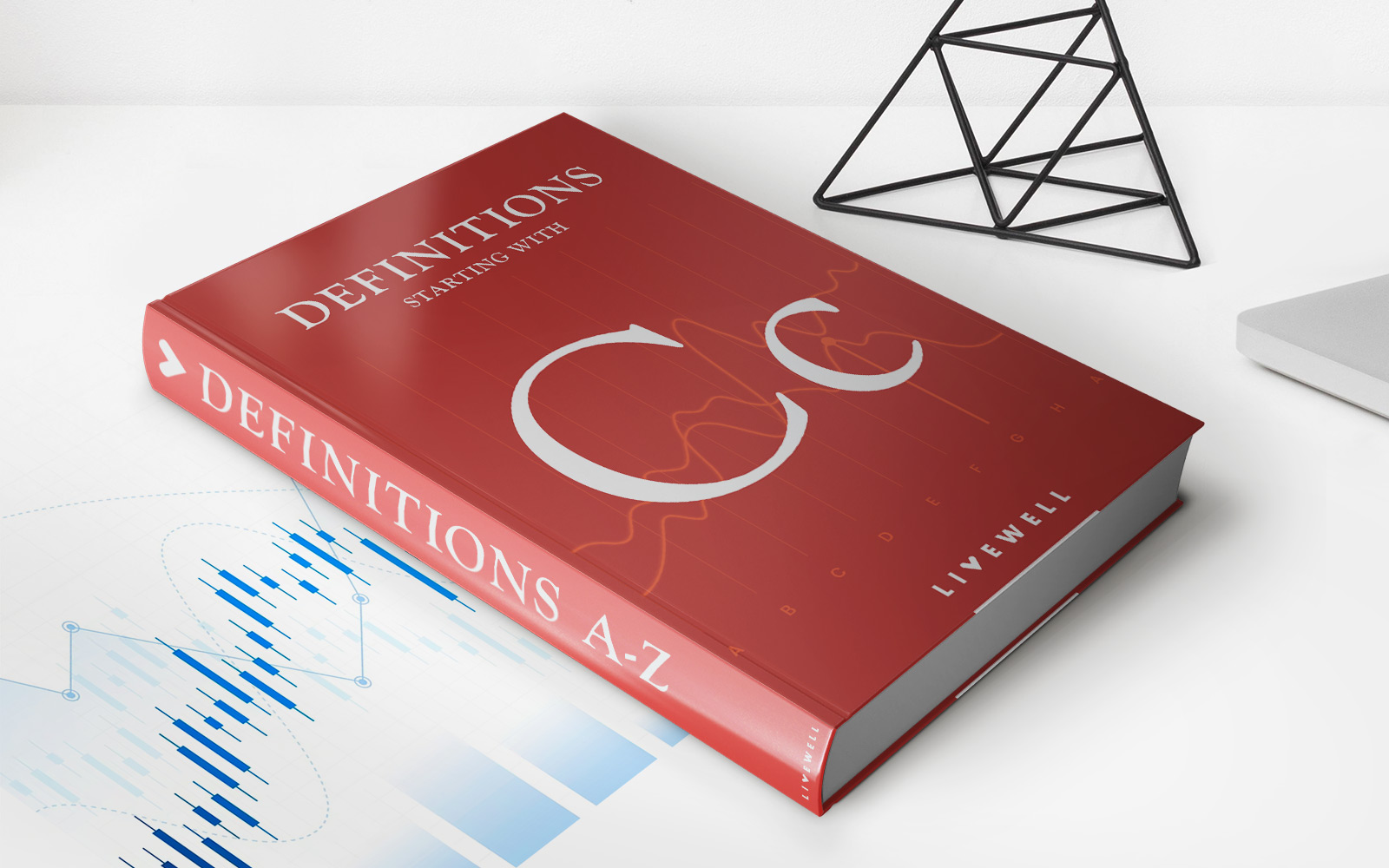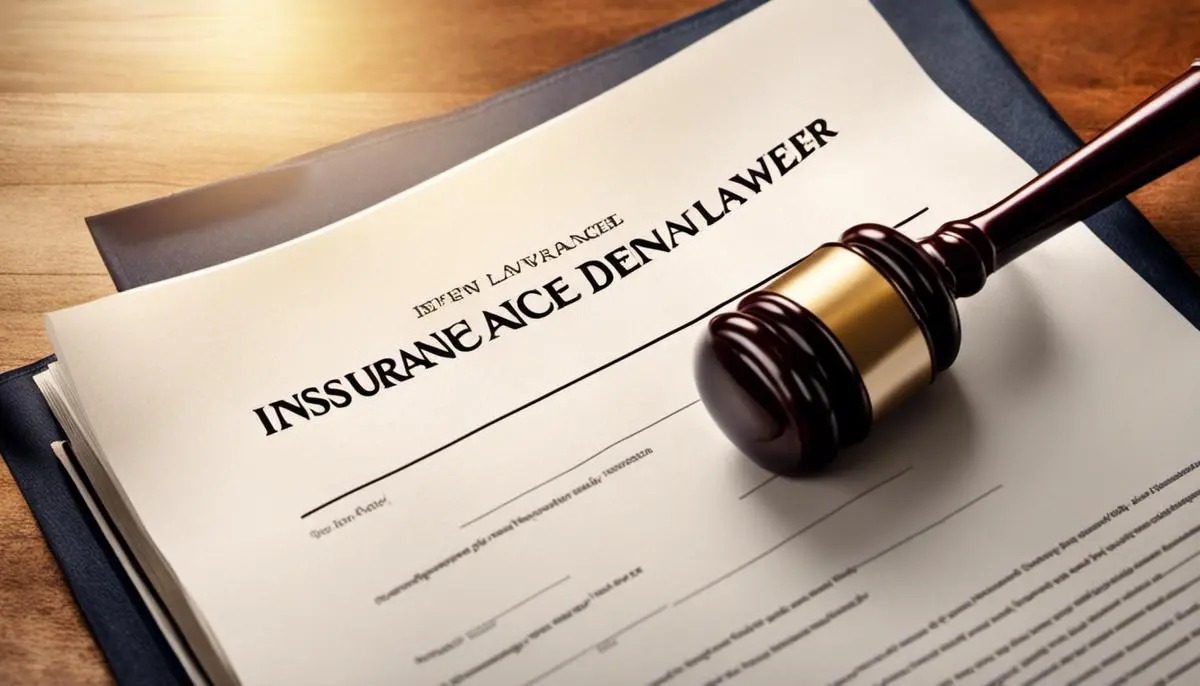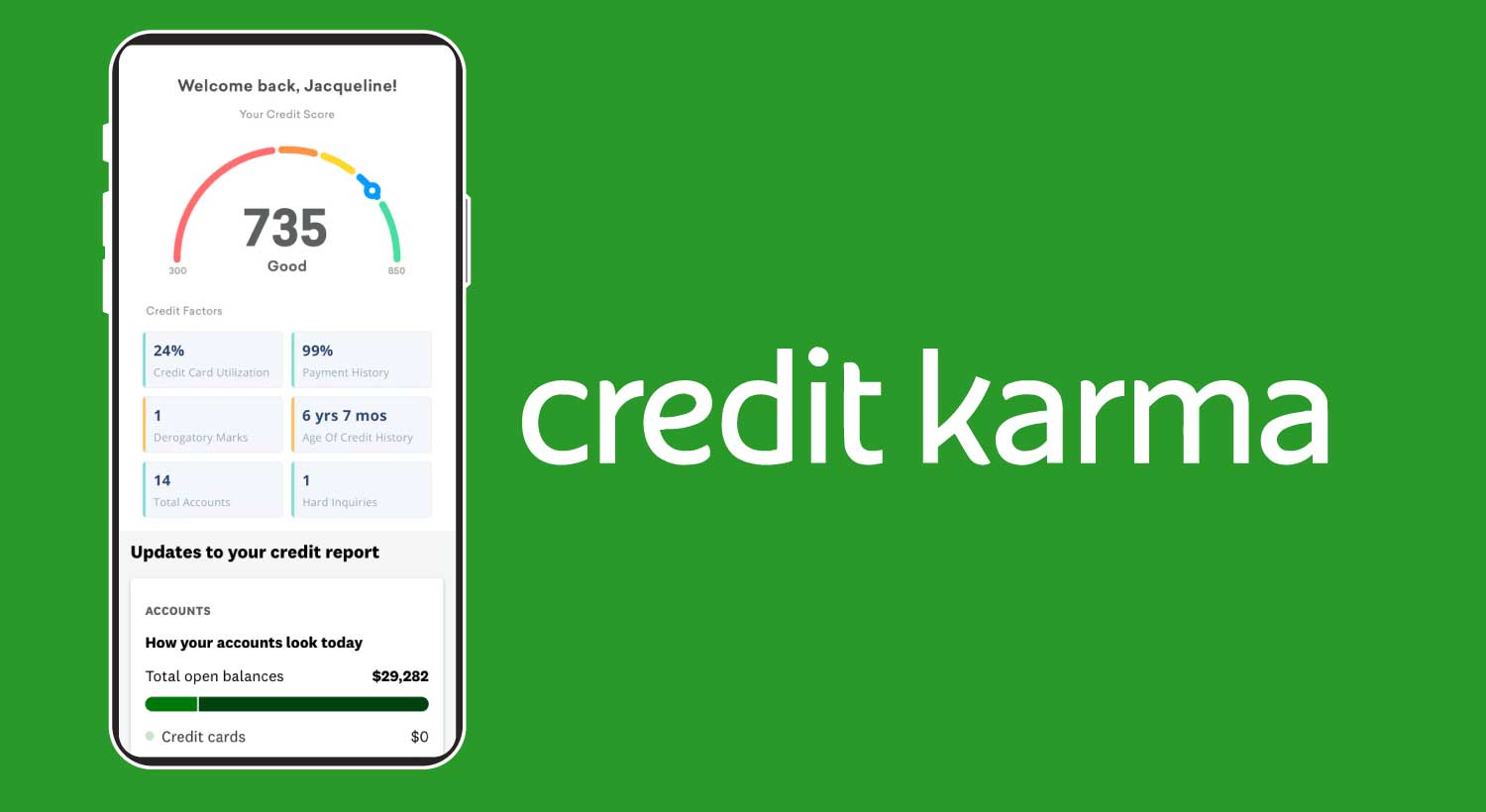

Finance
How To Check If A Contractor Has Insurance
Published: November 21, 2023
Looking for financial peace of mind while hiring a contractor? Discover how to easily check if a contractor has insurance with our helpful guide.
(Many of the links in this article redirect to a specific reviewed product. Your purchase of these products through affiliate links helps to generate commission for LiveWell, at no extra cost. Learn more)
Table of Contents
- Introduction
- Why Insurance is Important for Contractors
- Types of Insurance Contractors Should Have
- How to Verify if a Contractor Has Insurance
- Checking the General Liability Insurance
- Verifying Workers’ Compensation Insurance
- Confirming the Bond Insurance
- Additional Insurance to Consider
- Importance of a Certificate of Insurance
- Conclusion
Introduction
Welcome to our comprehensive guide on how to check if a contractor has insurance. When hiring a contractor for your home renovation or construction project, it’s crucial to ensure they have proper insurance coverage. Insurance protects both you as the homeowner and the contractor from financial liability in case of accidents, property damage, or injuries that may occur during the project.
Working with an uninsured contractor can lead to potential risks and legal complications. If an accident occurs and the contractor doesn’t have insurance, you could be held financially responsible for any damages or injuries. On the other hand, hiring a contractor with valid insurance provides peace of mind, knowing that you are protected in case of any unforeseen circumstances.
But how can you verify if a contractor has insurance? In this guide, we will break down the steps and essential considerations you need to take when researching a contractor’s insurance coverage. From general liability to workers’ compensation and bond insurance, we will provide you with the knowledge you need to make an informed decision when hiring a contractor.
Before we dig into the specifics, it’s important to understand why insurance is vital for contractors and why you should prioritize contractors with proper coverage.
Why Insurance is Important for Contractors
Insurance plays a crucial role in protecting both contractors and homeowners during construction projects. Here are some key reasons why insurance is important for contractors:
Financial Protection: Construction projects involve inherent risks, such as accidents, property damage, or injuries. Without insurance, contractors could be liable for significant financial costs associated with these incidents. Insurance provides a safety net by covering these expenses, ensuring that contractors are not burdened with hefty bills or lawsuits.
Legal Compliance: Depending on the state or local regulations, contractors may be legally required to carry certain types of insurance. Failure to comply with these requirements could lead to penalties or even the suspension of the contractor’s license. By having the appropriate insurance coverage, contractors can fulfill their legal responsibilities and operate within the bounds of the law.
Credibility and Professionalism: Insurance is a testament to a contractor’s professionalism and commitment to their craft. It demonstrates that they have taken the necessary steps to protect themselves and their clients in the event of any unforeseen circumstances. Contractors with insurance are more likely to be viewed as reliable and trustworthy by homeowners.
Peace of Mind: For homeowners, hiring an insured contractor brings peace of mind. It eliminates the worry of being held financially responsible for accidents, damages, or injuries that may occur during the project. By working with an insured contractor, homeowners can have confidence that they are protected in any unfortunate situations that may arise.
Quality Workmanship: Insurance coverage also serves as an indication of a contractor’s commitment to quality workmanship. Contractors who prioritize insurance are typically more diligent in their work, as they understand that preventing accidents and mishaps is essential to maintaining their coverage.
In summary, insurance is vital for contractors as it provides financial protection, ensures legal compliance, enhances credibility, and offers peace of mind for both contractors and homeowners. By hiring an insured contractor, you can mitigate potential risks and confidently proceed with your construction project.
Types of Insurance Contractors Should Have
Contractors should have several types of insurance coverage to adequately protect themselves and their clients. Let’s take a look at the most essential types of insurance contractors should have:
- General Liability Insurance: This type of insurance is a must-have for contractors. It provides coverage for property damage, bodily injuries, or accidents that may occur during the construction project. General liability insurance protects both the contractor and the homeowner from financial liabilities arising from such incidents.
- Workers’ Compensation Insurance: Workers’ compensation insurance is crucial for contractors who have employees. It provides coverage for medical expenses, lost wages, and rehabilitation costs if a worker is injured on the job. This insurance ensures that the responsibility for workplace injuries doesn’t fall solely on the contractor.
- Bond Insurance: Bond insurance is often required for contractors working on government projects or large-scale commercial contracts. It provides a guarantee that the contractor will complete the project according to the terms and specifications outlined in the contract. If the contractor fails to meet these obligations, the bond insurance can cover the costs of hiring a substitute contractor to complete the work.
- Professional Liability Insurance: Also known as errors and omissions insurance, professional liability insurance is essential for contractors who provide design or consulting services. It protects against claims of negligence, errors, or omissions that may result in financial losses for the client. This type of insurance is particularly crucial for contractors in architectural, engineering, or design fields.
- Commercial Auto Insurance: Contractors who use vehicles for their business operations should have commercial auto insurance. This coverage protects against damages, injuries, or theft related to the company’s vehicles. It also provides liability coverage if the contractor or their employees are involved in an accident while driving for work purposes.
These are the primary types of insurance that contractors should have. However, depending on the nature of their work, contractors might require additional coverage such as pollution liability insurance, tool and equipment insurance, umbrella insurance, or cyber liability insurance. Determining the appropriate insurance coverage for a contractor depends on factors such as the size of the company, the scope of the projects, and the specific risks involved.
Now that we have explored the different types of insurance contractors should have, let’s discuss how you can verify if a contractor has the necessary insurance coverage.
How to Verify if a Contractor Has Insurance
Verifying whether a contractor has insurance is an essential step before hiring them for your project. Here are some key methods you can use to verify a contractor’s insurance coverage:
- Request Proof of Insurance: The simplest and most direct approach is to ask the contractor for proof of insurance. Request a certificate of insurance (COI) that clearly states the types of coverage they have, the policy limits, and the effective dates. A reputable contractor will readily provide this information. Make sure to carefully review the COI to ensure the coverage is adequate for your needs.
- Contact the Insurance Company: Obtain the insurance company’s contact details from the COI and reach out to them to verify the contractor’s coverage. Share the contractor’s name and policy number, and the insurance company will confirm if the policy is active and if the contractor has the stated coverage. This step adds an extra layer of confirmation to ensure the contractor’s insurance is valid.
- Check Online Contractor Databases: Some states or localities maintain contractor databases that provide information about licensed contractors, including their insurance coverage. Check if your locality offers such a database and search for the contractor in question. This can be a helpful resource to verify the contractor’s insurance and validate their qualifications.
- Consult with a Legal Professional: If you have concerns or doubts about a contractor’s insurance coverage, consider consulting with a legal professional experienced in construction law. They can review the contractor’s documentation, assess the adequacy of their insurance, and provide expert advice on the matter.
Remember, it is essential not to solely rely on verbal assurances or documents given by the contractor themselves. Taking the time to independently verify their insurance coverage helps protect you from potential risks and ensures the contractor’s credibility.
Now, let’s delve into the specific steps involved in checking each type of insurance coverage.
Checking the General Liability Insurance
General liability insurance is a crucial type of coverage that contractors should have. It protects against property damage, bodily injury, and accidents that may occur during a construction project. Here’s how you can verify a contractor’s general liability insurance:
- Request a Certificate of Insurance (COI): Ask the contractor to provide a COI that specifically outlines their general liability coverage. The COI should include information such as the policy number, policy limits, effective dates, and the insurance company’s contact details.
- Review the COI: Carefully review the COI provided by the contractor. Ensure that the coverage limits are sufficient for the scope of your project. Additionally, check the effective dates to ensure the policy is current and active. It’s also worth confirming that the contractor’s name matches the name on the COI.
- Contact the Insurance Company: Reach out to the insurance company listed on the COI to verify the contractor’s general liability insurance coverage. Provide the contractor’s name and policy number for reference. The insurance company will be able to confirm the validity and extent of the policy.
- Additional Verification: If you want an extra layer of validation, you can ask the contractor for a copy of their policy declarations page or endorsement. These documents provide more detailed information about the coverage, including any exclusions or special provisions.
Verifying a contractor’s general liability insurance is crucial as it ensures that you are protected in the event of property damage, bodily injury, or accidents during the construction project. Taking the time to independently confirm their coverage gives you peace of mind knowing that you won’t be financially liable if unforeseen incidents occur.
Next, we will discuss the verification process for workers’ compensation insurance.
Verifying Workers’ Compensation Insurance
Verifying a contractor’s workers’ compensation insurance is important, especially if they have employees working on your project. Workers’ compensation insurance provides coverage for medical expenses, lost wages, and rehabilitation costs in case of work-related injuries or illnesses. Here’s how you can verify a contractor’s workers’ compensation insurance:
- Request a Certificate of Insurance (COI): Ask the contractor to provide a COI specifically indicating their workers’ compensation coverage. The COI should clearly state the policy number, effective dates, and the insurance company’s contact information.
- Review the COI: Carefully examine the COI provided by the contractor to ensure that workers’ compensation coverage is listed. Verify that the policy is valid and will be in effect for the duration of your project.
- Contact the Insurance Company: Reach out to the insurance company listed on the COI to confirm the contractor’s workers’ compensation coverage. Provide them with the contractor’s name and policy number for reference. The insurance company will be able to validate the policy details and ensure that it is active.
- Check State Requirements: Familiarize yourself with the workers’ compensation insurance requirements in your state or locality. Some jurisdictions have online resources where you can search for a contractor’s workers’ compensation coverage status. Verify if the contractor is compliant with the mandatory coverage requirements.
Verifying workers’ compensation insurance is crucial to protect both you as the homeowner and the contractor’s employees. It ensures that workers will be adequately covered in the event of any work-related injuries, reducing the likelihood of legal complications or financial liabilities.
Next, let’s discuss how to confirm the bond insurance coverage of a contractor.
Confirming the Bond Insurance
For contractors working on government projects or large-scale commercial contracts, bond insurance is often required. Bond insurance provides a guarantee that the contractor will fulfill their contractual obligations as outlined in the project agreement. Here’s how you can confirm a contractor’s bond insurance:
- Inquire About Bond Insurance: Ask the contractor if they have bond insurance for the specific project you are hiring them for. Bond insurance requirements may vary depending on the nature and scope of the project, so it’s important to verify if the contractor has the necessary bond coverage.
- Request Proof of Bond Insurance: Ask the contractor to provide documentation that proves their bond insurance coverage. This can include a bond certificate or a letter from the bonding company. The document should clearly state the coverage amount, effective dates, and the contractor’s name.
- Confirm the Bonding Company: Review the bond certificate or letter to identify the bonding company. Research the bonding company to ensure they are reputable and authorized to issue bond insurance. Consider reaching out to the bonding company directly to verify the contractor’s bond status.
- Check the Bond Amount: Verify that the bond amount matches the requirements specified in the project agreement or contract. The bond amount should be adequate to cover any potential financial losses or damages resulting from the contractor’s failure to fulfill their contractual obligations.
Confirming a contractor’s bond insurance adds an extra layer of protection and ensures that the contractor is financially accountable for completing the project as agreed upon. Bond insurance provides peace of mind for clients, assuring them that they have recourse if the contractor fails to meet their obligations.
Next, we will discuss additional insurance considerations that contractors may have.
Additional Insurance to Consider
In addition to general liability, workers’ compensation, and bond insurance, there are several additional types of insurance that contractors may need depending on their specific circumstances and the nature of their work. Here are some additional insurance coverages to consider:
- Professional Liability Insurance: This insurance, also known as errors and omissions insurance, provides coverage for claims related to professional services or advice. Contractors who provide design, consultation, or other specialized services should consider professional liability insurance to protect against potential financial losses resulting from errors or omissions in their work.
- Commercial Auto Insurance: Contractors who operate vehicles for business purposes should have commercial auto insurance. This coverage protects against accidents, damages, and injuries that may occur while using company vehicles. It also provides liability coverage if the contractor or their employees cause harm or damage to others while driving for work.
- Tool and Equipment Insurance: Contractors rely on their tools and equipment to complete projects. Tool and equipment insurance provides coverage for theft, damage, or loss of valuable tools and equipment. This insurance ensures that contractors can replace or repair their tools in the event of unexpected incidents.
- Umbrella Insurance: Umbrella insurance provides additional liability coverage that goes beyond the limits of other insurance policies. It offers extra protection against large claims and can be useful for contractors who want to safeguard their assets in case of significant accidents or lawsuits.
- Cyber Liability Insurance: In the digital age, contractors may have sensitive client information stored electronically. Cyber liability insurance protects against data breaches, cyber-attacks, and other cyber-related incidents that can result in financial losses or compromised client information.
It’s important for contractors to assess their specific needs and consult with insurance professionals to determine which additional coverages are necessary for their particular circumstances. The type and amount of additional insurance required depend on factors such as the size of the company, the scope of projects, and the potential risks involved.
Now that we have covered the various insurance considerations for contractors, let’s discuss the importance of obtaining a Certificate of Insurance (COI).
Importance of a Certificate of Insurance
A Certificate of Insurance (COI) is a vital document that provides proof of insurance coverage for contractors. It serves as a crucial reference for clients, suppliers, and other stakeholders involved in a construction project. Here’s why the COI is important:
Verification of Insurance: The COI is a simple and effective way to verify a contractor’s insurance coverage. It provides essential details such as the types of insurance held, policy limits, effective dates, and the insurance company’s contact information. By reviewing the COI, clients can ensure that the contractor has the necessary coverage to protect against potential risks.
Contract Compliance: Many construction projects require contractors to maintain specific insurance coverage as part of the contractual agreement. By requesting and reviewing the COI, clients can confirm that the contractor is adhering to the insurance requirements outlined in the contract. This ensures that the contractor is in compliance with the agreed-upon terms and reduces the risk of any legal complications.
Peace of Mind: The COI provides peace of mind to clients and other project stakeholders. It serves as evidence that the contractor has taken the necessary steps to mitigate potential risks. Clients can proceed with confidence, knowing that they are protected in case of accidents, property damage, or other unforeseen incidents that may occur during the construction project.
Risk Management: The COI is a valuable risk management tool. By reviewing the insurance coverage outlined in the COI, clients can assess the contractor’s preparedness for potential risks. It allows them to evaluate the adequacy of the coverage and take appropriate precautions to minimize any associated liabilities.
Professionalism and Credibility: Providing a comprehensive COI demonstrates a contractor’s professionalism and commitment to transparency. It showcases their dedication to meeting legal and contractual obligations and their willingness to protect the interests of their clients. Clients are more likely to trust and feel confident in working with contractors who can provide a complete and up-to-date COI.
Easy Accessibility and Communication: The COI serves as a centralized document that can be easily shared with project stakeholders. It provides a clear and concise summary of insurance coverage, making it convenient for clients, subcontractors, and suppliers to access and refer to as needed. The COI also facilitates effective communication between parties regarding insurance-related matters.
In summary, the Certificate of Insurance is a crucial document that verifies a contractor’s insurance coverage, ensures contract compliance, provides peace of mind, helps manage risks, showcases professionalism, and enables easy accessibility and communication. It is an essential component of the overall insurance process for contractors and plays a significant role in successfully managing construction projects.
Finally, let’s conclude our guide on checking if a contractor has insurance.
Conclusion
Ensuring that a contractor has proper insurance coverage is essential when undertaking a construction project. Insurance protects both homeowners and contractors from financial liabilities that may arise due to accidents, property damage, or injuries during the project. Verifying a contractor’s insurance coverage can provide peace of mind and mitigate potential risks.
In this guide, we have discussed the importance of insurance for contractors and the various types of insurance they should have, including general liability, workers’ compensation, bond insurance, and additional coverages such as professional liability, commercial auto, tool and equipment, umbrella, and cyber liability insurance.
We have also explored the steps to verifying a contractor’s insurance, including requesting and reviewing a Certificate of Insurance (COI), contacting the insurance company for confirmation, and utilizing online contractor databases or consulting legal professionals as needed.
By following these verification methods, clients can ensure that contractors have the appropriate insurance coverage to protect themselves, their property, and their projects. It also mitigates the risk of potential legal and financial complications that may arise from working with uninsured or underinsured contractors.
Remember, it is crucial not to solely rely on verbal assurances or documents provided by the contractor themselves. Take the time to independently verify their insurance coverage to ensure accuracy and validity.
In conclusion, when hiring a contractor, prioritize their insurance coverage and follow the outlined steps to verify their insurance. By doing so, you can have confidence in the contractor’s professionalism, protect yourself from potential liabilities, and proceed with your construction project with peace of mind.














